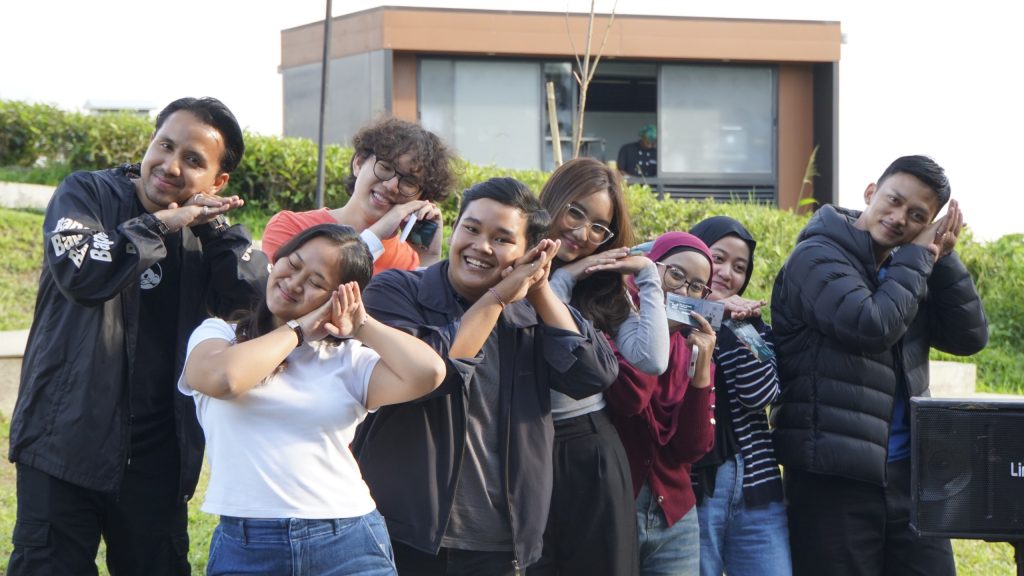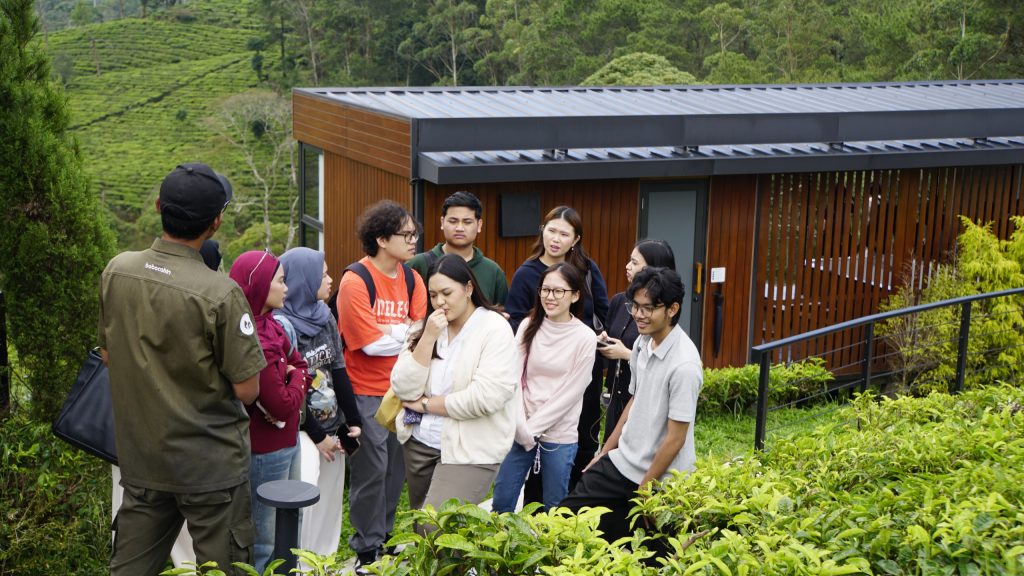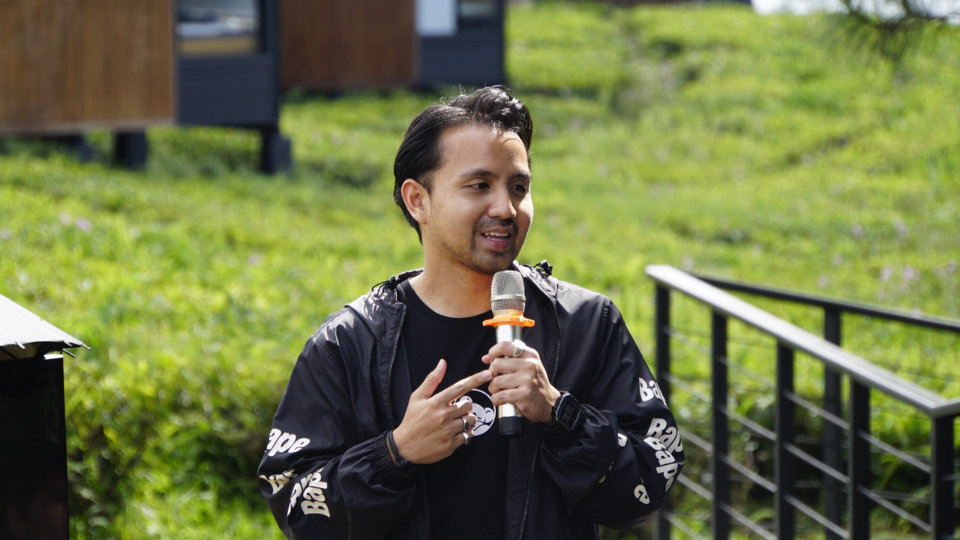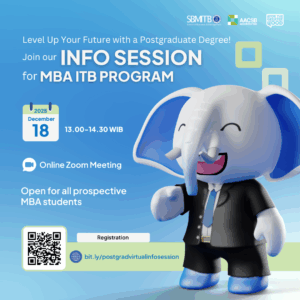The quality of the stay experience has become more important than location alone. As a result, staycations are increasingly becoming the preferred choice for many travelers looking to enjoy their vacations.
Today’s travelers seek accommodations that provide comfort, modern technology, and a unique concept, regardless of where they are located. This trend presents a significant opportunity for growth in the hospitality industry. However, it also poses a challenge: how can marketing strategies stay relevant in the face of these changing preferences?
Many travelers now seek accommodation that offers comfort, technology, and a unique concept, wherever the location is. This creates a great opportunity for the hospitality business to grow. Still, it also presents a challenge: how can marketing strategies remain relevant amidst these changing trends?
To learn firsthand about marketing strategies in this industry, 36 students from the SBM ITB visited Bobocabin Sukawana on Wednesday (5/3). This visit is part of the experiential learning program for the Hospitality and Tourism Marketing (HTM) course, which aims to understand the implementation of business strategies in the real world.
Ilma Aulia Zaim, Ph.D., the course lecturer, emphasized the need for students to gain direct experience in order to connect theory with real-world practice.
“It is important for students to gain hands-on experience to enhance their theoretical understanding. This allows them to grasp marketing strategies within an academic context while also witnessing firsthand the implementation, operational challenges, and creative solutions in real business,” she said.
Bobocabin, as one of Bobobox’s innovations, offers an accommodation concept that combines technology with a natural tourism experience. SBM ITB students who attended this visit were given a big task: to analyze a case study of Bobocabin’s expansion in Eastern Indonesia, including Kintamani, Rinjani, Sumba, and Bunaken. These areas have unique challenges, ranging from accessibility and integration with local culture to market segmentation that is still developing.
Bayu Ramadhan, the Chief of Commercial Operations at Bobocabin Sukawana and an alumnus of SBM ITB from the class of 2013, explained how Bobobox evolved from a capsule hotel concept into a smart cabin-based accommodation. He noted that this transformation was not easy.
“We needed to understand what consumers want when they go on vacation. From that understanding, the Bobocabin concept was born, offering a staycation experience that is closer to nature,” he explained.
Bayu explained the three types of cabins offered at Bobocabin Sukawana. First, the Grand Cabin – provides premium comfort for tourists who want more space. Then, the Grand Hot Tub was designed for guests who wanted to relax with private hot spring facilities. Third, the Royal Cabin is an exclusive choice with the best facilities and services for a luxurious stay experience.
The main uniqueness of Bobocabin, according to Bayu, lies in integrating technology into its services. Technology is mandatory for this company, especially in the IoT system, which allows guests to access various services automatically and efficiently.

“The blend of innovative hospitality, contemporary design, breathtaking scenery, and exceptional service gives Bobocabin a remarkable return rate of 75%,” said Bayu. Despite the challenges posed by the COVID-19 pandemic on the tourism sector, Bobocabin not only survived but also thrived.
In addition to discussing marketing strategies and business models, Bayu also expressed the importance of sustainability in the hospitality industry. Companies must think about how the tourism business can grow and be sustainable. Bobocabin strives to adopt the principles of eco-friendly hospitality by using environmentally friendly materials, better waste management, and empowering local communities in its operations.
“Thus, we are not only creating a tourist destination but also building a more responsible business ecosystem,” he added.
In their major assignment report, SBM ITB students are expected to be able to analyze the integration between the latest industry trends and Bobocabin’s marketing strategy. Other aspects that need to be studied are understanding the foreign tourist market in Eastern Indonesia, using digital marketing in areas with limited infrastructure, and strategies to build competitive advantage amidst competition from alternative accommodations.
This visit serves as more than just a business observation; it offers students a chance to gain a deeper understanding of how the hospitality industry can evolve through technology and sustainable practices. With this knowledge, students are expected to design innovative solutions that align with industry trends and will have a lasting impact on the Indonesian tourism sector.







